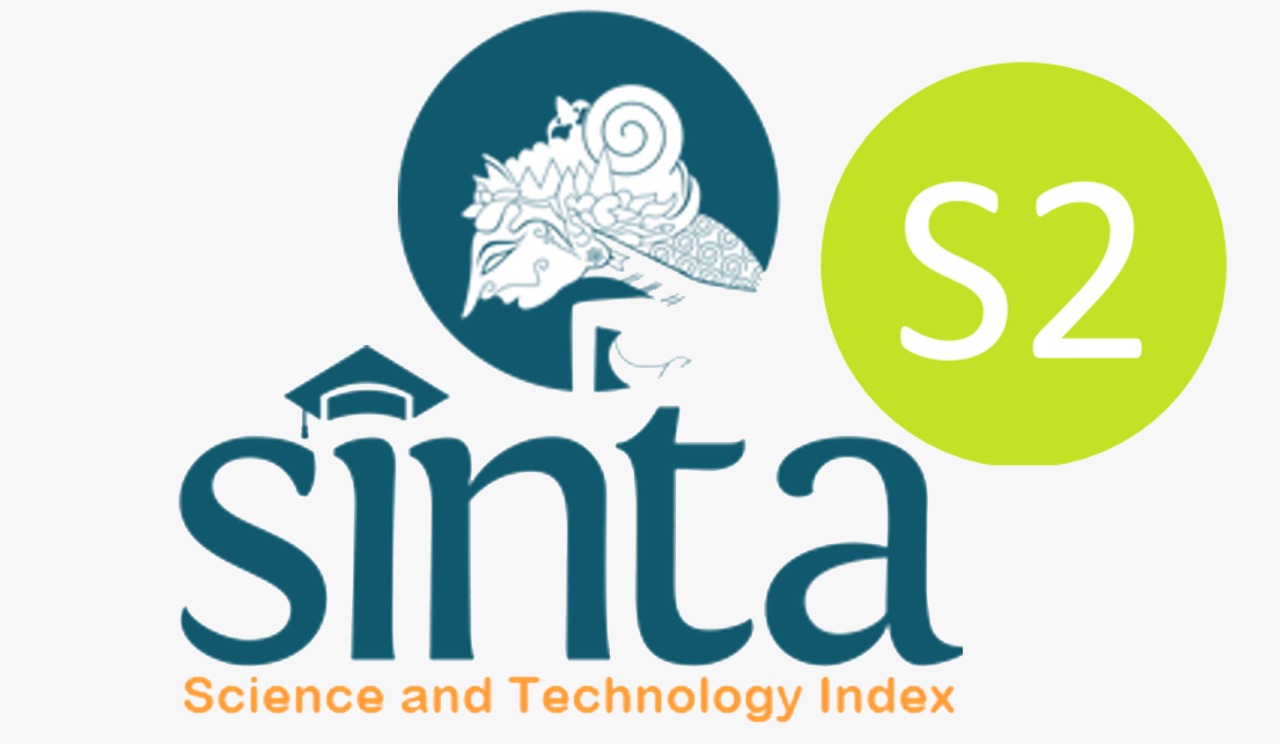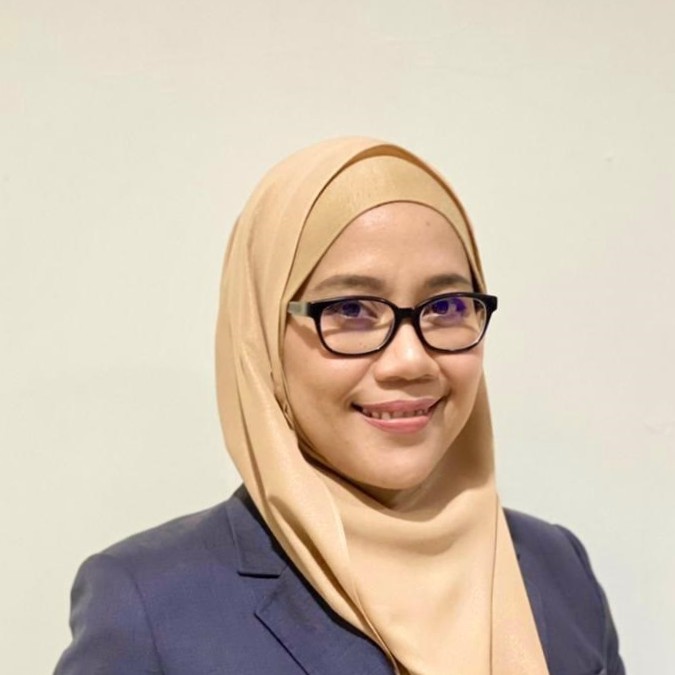THE IMPACT OF LABOUR, WAGE, AND HUMAN DEVELOPMENT INDEX ON ECONOMIC GROWTH
Downloads
Introduction: This study aims to estimate the impact of Labor Level, Wage Level, and Human Development Index on economic growth in DKI Jakarta Province between 2012 and 2021.
Methods: This study employed quantitative research methodologies utilizing secondary data as its data source. Central Statistical Agency data on GRDP, Human Development Index, Manpower, and Provincial Minimum Wages were gathered (www.bps.go.id). This study used a multivariate linear regression model to determine the impact of variables using the Least Squares Equation.
Results: The results of this study reveal that the macroeconomic variables HDI, Labors, and Wages have no substantial influence on GRDP.
Conclusion and suggestion: To influence the increase or reduction in the level of economic growth, however, the rate of economic growth (GRDP) is not only affected by macroeconomic variables but also by religiosity-related factors.
Alsamara, M. (2022). Do labor remittance outflows retard economic growth in Qatar? Evidence from nonlinear cointegration. Quarterly Review of Economics and Finance, 83, 1–9. https://doi.org/10.1016/j.qref.2021.11.002
Amelia, R., Ginting, E. S., Hutasoit, A. H., & Ginting, E. S. (2021). Effect Of Economic Growth , Education Level And Human Development Index To Employment Opportunity In North Sumatera Province. International Journal on Social Science, Economics and Art, 11(3), 123–129.
Amir, A. (2015). Ekonomi dan Keuangan Islam (Junaidi & Subhan (eds.)). Rafikatama.
Araminta, D. V., Qudziyah, & Timur, Y. P. (2022). The Role of Green Sukuk in Realizing The Sustainable Development Goals 2030 Agenda. JEBIS : Jurnal Ekonomi Dan Bisnis Islam, 8(2), 251–266. https://doi.org/10.20473/jebis.v8i2.37531
Ariza, A. (2012). Pengaruh Pertumbuhan Ekonomi dan Belanja Modal Terhadap Indeks Pembangunan Manusia (IPM) Dalam Perspektif Islam. Al Maslahah Jurnal Ilmu Syariah, 1(4), 1–21.
Asongu, S. A., & Odhiambo, N. M. (2020). Economic development thresholds for a green economy in sub-Saharan Africa. Energy Exploration and Exploitation, 38(1), 3–17. https://doi.org/10.1177/0144598719835591
Assa, J. (2021). Less is more: The implicit sustainability content of the human development index. Ecological Economics, 185(June 2020), 107045. https://doi.org/10.1016/j.ecolecon.2021.107045
Badan Pusat Statistik. (2020). Indeks Pembangunan Manusia 2020.
Bagianto, A., Wandy, & Zulkarnaen. (2020). Faktor Faktor Yang Mempengaruhi Pembangunan Ekonomi. Jurnal Ilmiah Mea, VOL4 NO 1(1), 316–332. www.journal.stiemb.ac.id/index.php/mea/article/view/263
Ben Jedidia, K., & Guerbouj, K. (2021). Effects of zakat on the economic growth in selected Islamic countries: empirical evidence. International Journal of Development Issues, 20(1), 126–142. https://doi.org/10.1108/IJDI-05-2020-0100
Beyene, S. D. (2022). Human activities and environmental quality: evidence beyond the conventional EKC hypothesis. Heliyon, 8(9), e10756. https://doi.org/10.1016/j.heliyon.2022.e10756
Chaudry, Muhammad Sharif. 2012. Sistem Ekonomi Islam ; Prinsip Dasar. Kencana Prenada Group, Jakarta
Doan, T., Ha, V., Tran, T., & Yang, J. (2023). Dynamics of wage inequality over the pro-longed economic transformation: The case of Vietnam. Economic Analysis and Policy, 78, 816–834. https://doi.org/10.1016/j.eap.2023.04.029
Doerrenberg, P., Duncan, D., & Löffler, M. (2023). Asymmetric labor-supply responses to wage changes: Experimental evidence from an online labor market. Labour Economics, 81(November 2022), 102305. https://doi.org/10.1016/j.labeco.2022.102305
Fallick, B., Villar, D., & Wascher, W. (2022). Downward nominal wage rigidity in the United States in times of economic distress and low inflation. Labour Economics, 78(April 2021), 102246. https://doi.org/10.1016/j.labeco.2022.102246
Fitria, T. N. (2016). Kontribusi Ekonomi Islam Dalam Pembangunan Ekonomi Nasional. Jurnal Ilmiah Ekonomi Islam, 2(03), 29–40. https://doi.org/10.29040/jiei.v2i03.3
Gryshova, I., Kyzym, M., Hubarieva, I., Khaustova, V., Livinskyi, A., & Koroshenko, M. (2020). Assessment of the EU and Ukraine economic security and its influence on their sustainable economic development. Sustainability (Switzerland), 12(18), 1–26. https://doi.org/10.3390/su12187692
Huda, N. (2017). Keuangan Publik Islami: Pendekatan Teoritis dan Sejarah. Prenada Media.
Huerta Yero, E. J., Sacco, N. C., & Nicoletti, M. do C. (2021). Effect of the Municipal Human Development Index on the results of the 2018 Brazilian presidential elections. Expert Systems with Applications, 168(September 2020), 114305. https://doi.org/10.1016/j.eswa.2020.114305
Julianto, F., & Suparno. (2016). Analisis Pengaruh Jumlah Industri Besar dan Upah Minimum Terhadap Pertumbuhan Ekonomi di Kota Surabaya. JEB17: Jurnal Ekonomi Dan Bisnis, 1(2).
Kassim, S. (2016). Islamic finance and economic growth: The Malaysian experience. Global Finance Journal, 30, 66–76. https://doi.org/10.1016/j.gfj.2015.11.007
Khan, K., Su, C. W., Tao, R., & Yang, L. (2019). Does Remittance Outflow Stimulate or Retard Economic Growth? International Migration, 57(5), 105–120. https://doi.org/10.1111/imig.12615
Korkmaz, S., & Korkmaz, O. (2017). The Relationship between Labor Productivity and Economic Growth in OECD Countries. International Journal of Economics and Finance, 9(5), 71. https://doi.org/10.5539/ijef.v9n5p71
Ladi, T., Mahmoudpour, A., & Sharifi, A. (2021). Assessing impacts of the water poverty index components on the human development index in Iran. Habitat International, 113(June), 102375. https://doi.org/10.1016/j.habitatint.2021.102375
Lutfi, B. A., Prasetyo, A., Timur, Y. P., & Rifqi, M. (2023). Exploring Gender Differences In Determinants of Bank Aladin Sharia Adoption: A Multi Group Analysis Approach. Jurnal Ekonomi Dan Bisnis Airlangga, 33(1), 40–52. https://doi.org/10.20473/jeba.V33I12023.40-52
Martínez-Guido, S. I., González-Campos, J. B., & Ponce-Ortega, J. M. (2019). Strategic planning to improve the Human Development Index in disenfranchised communities through satisfying food, water and energy needs. Food and Bioproducts Processing, 117, 14–29. https://doi.org/10.1016/j.fbp.2019.06.007
Mat, N. A., Mansur, K., & Mahmud, R. (2015). The Relationship between Human Capital Investment and Economic Development in Sabah Nurul Arfa Mat, Kasim Mansur and Roslinah Mahmud *. Malaysian Journal of Business and Economics, 2(1), 83–107.
Murakami, H. (2015). Wage flexibility and economic stability in a non-Walrasian model of economic growth. Structural Change and Economic Dynamics, 32, 25–41. https://doi.org/10.1016/j.strueco.2015.01.002
Nurillah, S. L., Aini, Z. N., Timur, Y. P., & Widiastuti, T. (2022). Online Review and Rating on Consumer Purchase Intention: The Moderating Role of Religiosity. Jurnal Ekonomi Dan Bisnis Airlangga, 32(2), 160–175. https://doi.org/10.20473/jeba.V32I22022.160-175
Nurillah, S. L., Timur, Y. P., & Yasin, A. (2021). Nazhir Image And Wakif Trust, Which Influences The Wakif's Intention To Give Waqf. AFEBI Islamic Finance and Economic Review, 7(2), 115–126.
Pradhan, R. P., Arvin, M. B., Nair, M. S., Hall, J. H., & Bennett, S. E. (2021). Sustainable economic development in India: The dynamics between financial inclusion, ICT development, and economic growth. Technological Forecasting and Social Change, 169(March), 120758. https://doi.org/10.1016/j.techfore.2021.120758
Putri, C. S., Herianingrum, S., Ramadhanty, R. P., & Timur, Y. P. (2023). Relationship between Islamic bank consumptive financing and gross regional domestic product in Indonesia , 2016-2020. Journal of Islamic Economics Lariba, 9(1), 97–114. https://doi.org/https://doi.org/10.20885/jielariba.vol9.iss1.art6 Relationship
Rahman, M. M., Vu, X. B. B., & Nghiem, S. (2022). Economic Growth in Six ASEAN Countries: Are Energy, Human Capital and Financial Development Playing Major Roles? Sustainability (Switzerland), 14(8). https://doi.org/10.3390/su14084540
Ratnasari, R. T., Timur, Y. P., Battour, M., & Jamilu, U. (2023). An effort to increase waqf intention : The role of celebrity endorsers in social campaigns. Al-Uqud: Journal of Islamic Economics, 7(1), 154–171. https://doi.org/https://doi.org/10.26740/aluqud.v7n2.p154-171
Saroj, S., Shastri, R. K., Singh, P., Tripathi, M. A., Dutta, S., & Chaubey, A. (2023). In what ways does human capital influence the relationship between financial development and economic growth? Benchmarking. https://doi.org/10.1108/BIJ-03-2023-0131
Timur, Y. P., & Herianingrum, S. (2022). the Influence of Entrepreneurship Education on Entrepreneurial Intentions in Generation Z Muslim. Jurnal Ekonomi Dan Bisnis Airlangga, 32(1), 81–92. https://doi.org/10.20473/jeba.v32i12022.81-92
Timur, Y. P., Ratnasari, R. T., & Author, N. (2022). Celebrity Endorsers vs Expert Endorsers: Who Can Affect Consumer Purchase Intention for Halal Product? JEBIS: Jurnal Ekonomi Dan Bisnis Islam, 8(2), 220–236. https://doi.org/10.20473/jebis.v8i2.37529
Timur, Y. P., Ratnasari, R. T., Hadi, T. S., & Sari, D. P. (2023). What Do Indonesian Think About E-Money?: A Sentiment Analysis With Machine Learning. Jurnal Riset Akuntansi Dan Bisnis Airlangga, 8(1), 1452–1469. https://doi.org/https://doi.org/10.20473/jraba.v8i1.44940
Timur, Y. P., Ratnasari, R. T., Pitchay, A. A., & Jamilu, U. (2023). What Do Indonesian Netizens Think About Waqf? : a Sentiment Analysis With Machine Learning. ZISWAF: Jurnal Zakat Dan Wakaf, 10(1), 98–122. https://doi.org/DOI : 10.21043/ziswaf.v10i1.20224
Virginanda, R. R. (2015). Analisis Pengaruh UMK Terhadap Jumlah Tenaga Kerja, Kesejahteraan dan Pertumbuhan Ekonomi. Economics Development Analysis Journal 4, 4(4), 404–413.
Wang, H., Feil, J. H., & Yu, X. (2023). Let the data speak about the cut-off values for multidimensional index: Classification of human development index with machine learning. Socio-Economic Planning Sciences, 87(PA), 101523. https://doi.org/10.1016/j.seps.2023.101523
Copyright (c) 2023 Salma Marlida, Ari Prasetyo

This work is licensed under a Creative Commons Attribution-ShareAlike 4.0 International License.
Authors who publish with Jurnal Ekonomi dan Bisnis Airlangga agree to the following terms:The journal allows the author to hold the copyright of the article without restrictions.
The journal allows the author(s) to retain publishing rights without restrictions
The legal formal aspect of journal publication accessibility refers to Creative Commons Attribution Share-Alike (CC BY-SA).
Jurnal Ekonomi dan Bisnis Airlangga (JEBA) is licensed under a Creative Commons Attribution-ShareAlike 4.0 International License

















